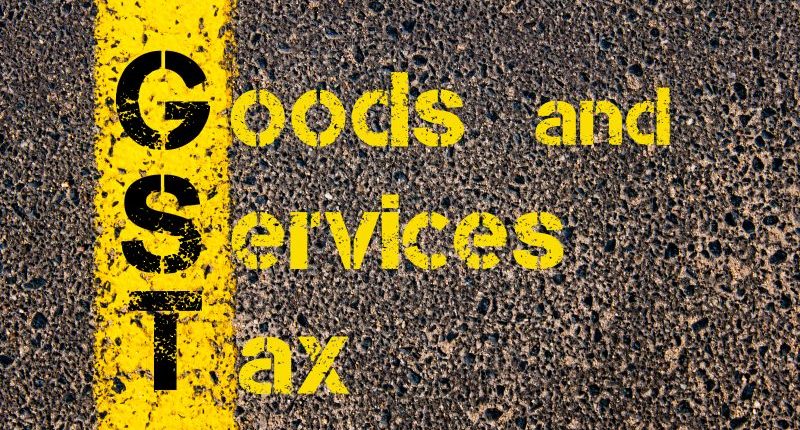The GST Network (GSTN) has released updates on GSTR-3B Application Programming Interface (API).
Interest liability shall henceforth be system computed. These are applicable for taxpayers using direct integration for GST compliance.
Four significant changes have happened on GSTR-3B filing in the government APIs. The changes are prospective. For instance, the auto-calculated interest becomes available from the next tax period upon deployment of this change. If these updates are deployed on 15th November, the auto-computed interest becomes available from the November return period.
The first in the list of changes to APIs is the past period’s interest liability. Suppose you had filed GSTR-3B after the due date for the previous period. In that case, the interest liability shall be automatically computed and displayed in the API output called “GSTR-3B – Get GSTR-3B Details “. Such values can be edited during the GSTR-3B save window of the current period.
Such liabilities of the previous period can be paid in the current period by declaring it using the API called “GSTR-3B – Save past liability breakup”. However, it is optional and can be called only after offsetting the current period’s liabilities.
The last one in the list of four changes is about recomputation of interest. A taxpayer can fetch the complete information of the auto-calculated interest liability using the API called “GSTR-3B – Get system calculated interest”. Suppose the taxpayer has any issue with the auto-computed interest. They can use the API called the “GSTR-3B – Re-compute interest”. Upon using this API, it retriggers the calculation of the interest liability.
The “GSTR-3B – Re-compute interest” API is required in cases where the taxpayer is filing under the amnesty scheme. However, the auto-populated interest does not get reflected as per the benefits of the scheme.
With the above changes, a proposed flow of GSTR-3B filing using APIs is laid down. The first step involves calling the “Get GSTR-1 Liability Auto Calc Details” API for system-calculated tax liability and Input Tax Credit (ITC) details. After that, one must call the “get GSTR-3B details”.
It helps in obtaining the system calculated interest and late fee details. There is an optional third step for taxpayers. If the taxpayer notices any discrepancy in the auto-calculation of interest, they must call for the “Re-compute Interest” API. To fetch a detailed breakup of the calculator, a taxpayer must call the “GSTR-3B – Get system calculated interest” API.
In the fourth step, one must edit and save the above details using the “save GSTR-3B” API. Also, use the “Validate GSTR-3B against auto calculated data” API to validate the saved payload and notify of any data inaccuracies. In the next step, the liabilities must be offset using the input tax credit. For this, call the “GSTR-3B Offset liability” API.
You may obtain the details of liabilities offset using the “GSTR-3B – Save past liability breakup” API. Note that the liability breakup totals must match with the liability offset. Call for the “get GSTR-3B details” API to get a summary of GSTR-3B ready to be filed. Finally, use the “File GSTR-3B” API to finish filing the GSTR-3B of the current tax period.
It is advised that the taxpayer note down the past liabilities paid in the current period. It ensures that they generate an error-free interest in the next period. Hence, the reconciliation of data at a regular pace becomes of utmost importance for every taxpayer.
For any clarifications/feedback on the topic, please contact the writer at annapoorna.m@cleartax.in
Annapoorna, popularly known as Anna, is an aspiring Chartered Accountant with a flair for GST. She spends most of her day Singing hymns to the tune of jee-es-tee! Well, not most of her day, just now and then.





